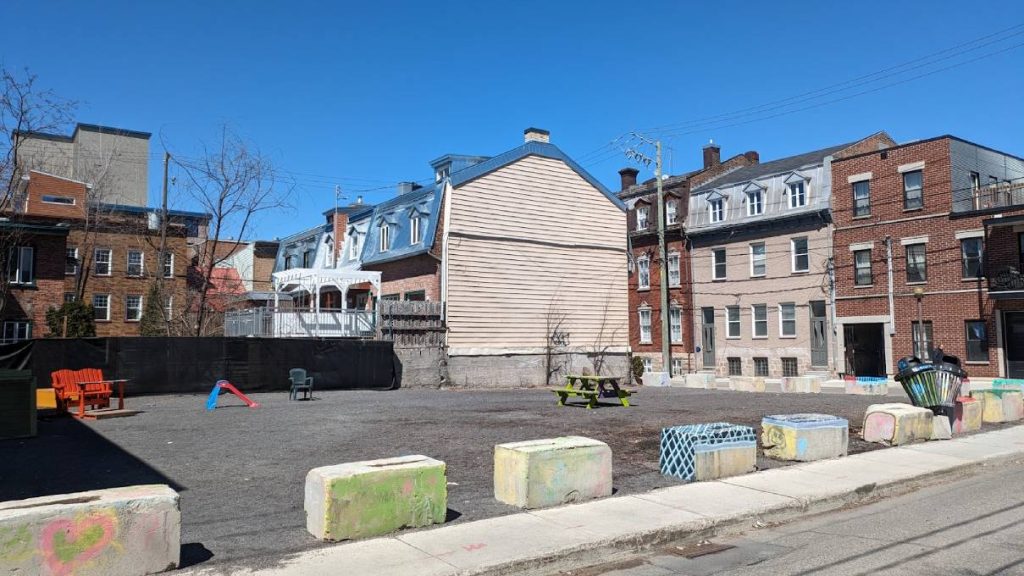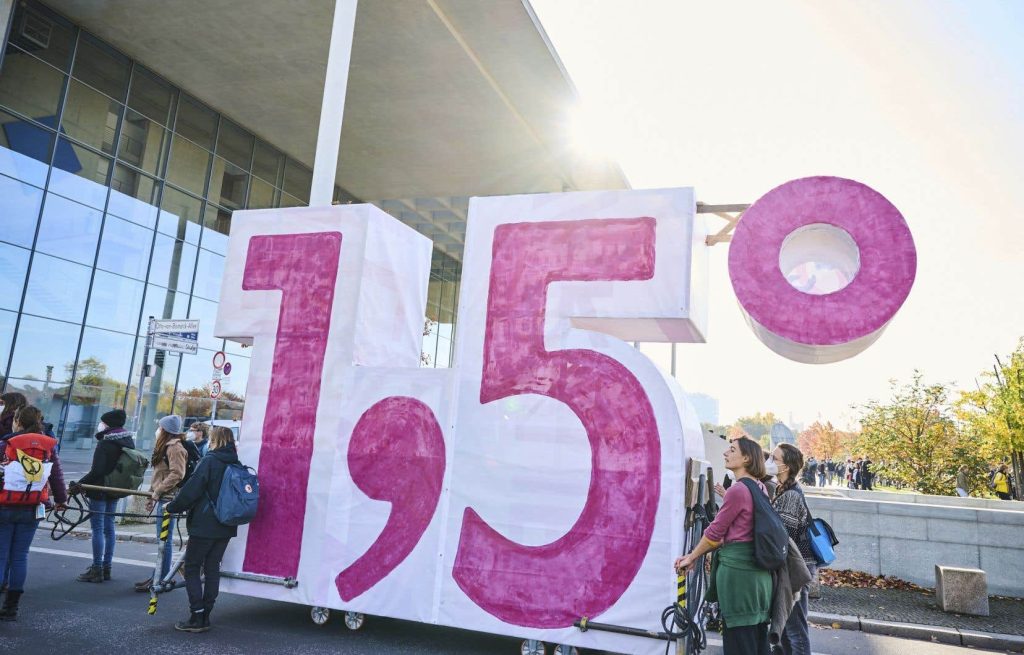For a few days now, regional political parties assembled in Congress have embraced their goals for reducing greenhouse gases for 2030. On the critics’ side, we seem to confuse courage with unrealism. With regional elections on the horizon, Quebec’s political parties are beginning to craft their own environmental platforms, whose ambition and climate goals will be one of the highlights.
The goals announced so far have already elicited many reactions. For some, Quebec’s current goal is not high enough, while for others, moving forward would be technically, financially and economically unrealistic.
So let’s talk about realism. In general, it is defined as “an attitude that takes reality as it is.” The truth, currently, is that the efforts promised by the Quebec government and those around the world lead us to a global warming of more than 3°C by the year 2100, while the limit of 1.5°C is considered a critical threshold that cannot be crossed to avoid Any major escape of the climate system, can be reached as early as 2025. That is the reality. The fact is also that at this very moment, vulnerable populations, in Quebec and elsewhere in the world, are already suffering or dying from the consequences of the climate crisis. One only needs to look at British Columbia to realize that we are no longer talking about something abstract that should hit us in fifty years or so. This is the reality now.
a matter of justice
The current Quebec government target (37.5% reduction in greenhouse gases by 2030) ignores not only science (which states that we must collectively reduce global greenhouse gas emissions by 45-55% by 2030 to stay below 1.5°C), but also Wonders of fairness. On the other hand, towards future generations – go tell your guys that we were not up to the task because the task was not “realistic” – but also towards the population that contributed the least to creating the climate crisis. The brunt of it. Remember that Canada is the largest emitter in the Group of Seven and that greenhouse gas emissions have only increased in recent years. Historically, Quebec and Canada have developed and enriched themselves by polluting disproportionately compared to other countries. So it is their duty to reform accordingly.
This equitable contribution by Quebec to international efforts to combat the climate crisis was calculated by the Canadian Climate Action Network and evaluated in a domestic 60% reduction in greenhouse gas emissions by 2030. Science-based and equity-based goals are similar. We can interrogate them as much as we want, that reality won’t change.
Whether it’s the Intergovernmental Panel on Climate Change or the various scientific groups creating scenarios that put us on the path to 1.5°C warming, the science is clear: it is still possible to stay under that ceiling. But who said the challenge posed by the climate crisis would be easy? Anyone. Science requires ambitious measures that are part of global societal transformation, and are absolutely necessary to prevent humanity from suffering the worst disaster scenarios. The goals that Quebec must embrace may not be realistic as we know it now, but it is precisely this reality that must be changed.
Economic argument
Nor does the economic argument hold: the costs of inaction are much higher than the costs of ambition. Now is the time for a new social contract. A Quebec government that remains locked in a short-term ideology that is guided by political cycles rather than science will not protect us in the face of the triple crisis of biodiversity, climate and public health.
So, what is the most realistic of the expected catastrophic scenarios if we choose the status quo and the courage to face humanity’s greatest challenge in the twenty-first century?NS century?
Watch the video

“Music guru. Incurable web practitioner. Thinker. Lifelong zombie junkie. Tv buff. Typical organizer. Evil beer scholar.”







More Stories
Espace du Parvis becomes Parc des Pékans
Why do leafhoppers reflect little light?
Bacteria brought into space mutated and became stronger on board the International Space Station, study finds